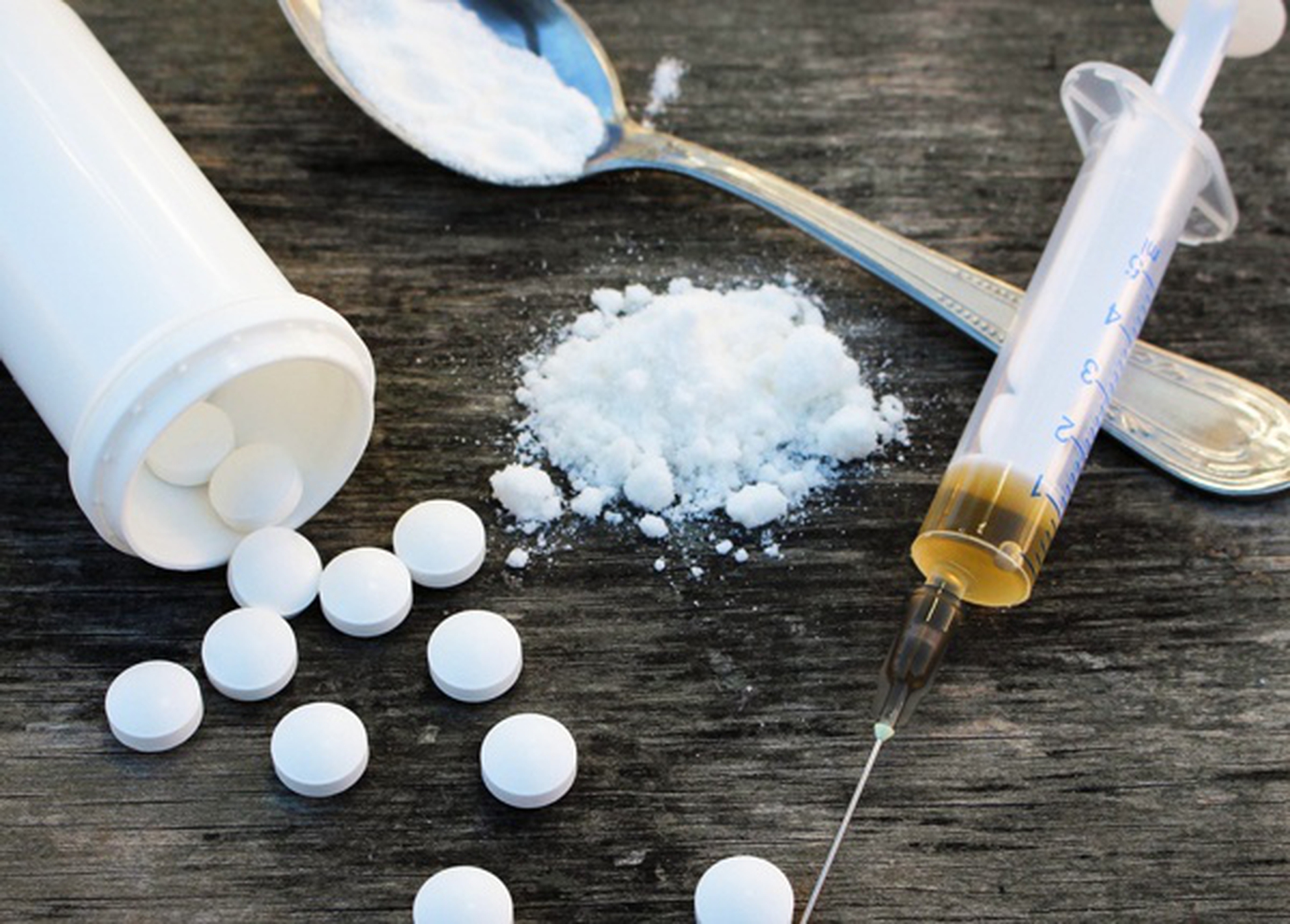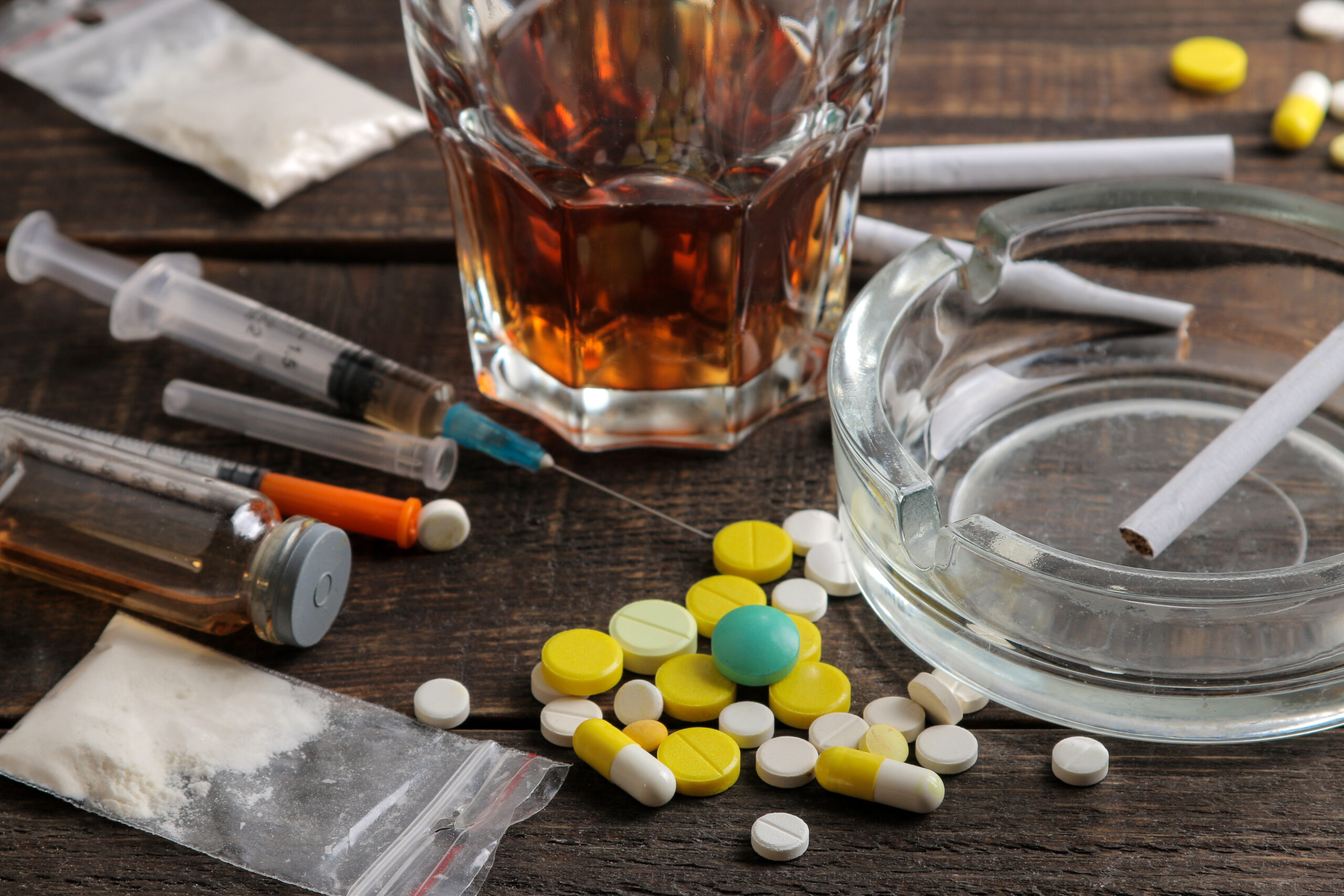Drugs Clothing Store - What You Need To Know
When you hear something like 'drugs clothing store,' it might just catch your ear, couldn't it? It really does make you stop and think, doesn't it, about how we talk about certain substances. What messages are we picking up, you know, and how much do we truly understand about them? It's a topic that, in some respects, really needs a clear look, not just assumptions.
You see, there's a lot of talk out there, and sometimes, well, it's almost easy to get confused. The idea of these substances, the ones that change how our minds work, is that something we should take lightly? Taking them without a doctor's say-so, for example, can actually lead to some rather big health problems. It could even mean, you know, getting hooked on them, which is a pretty serious situation.
So, it's pretty important to get the real story, isn't it? We're talking about substances that affect how our brains think and feel. This information, you know, it's not just for medical folks; it's for everyone. Knowing the actual facts helps us make better choices, more or less, and stay on a safer path. It’s about being informed, basically, rather than just guessing.
- Riley Green Political Party
- Mysterious Skin Bathroom
- Snow Bunny Girl Meaning
- Exploring The Race Of Steve Perry A Deep Dive Into His Background And Legacy
- Iran And Pakistan Map
Table of Contents
- What Happens When You Use Substances Without Guidance?
- Looking Closer at a "Drugs Clothing Store" - What's the Real Deal?
- Why Are Some Medicines Considered "Basic"?
- What Do We Mean by Substances That Affect the Mind?
- How Are Substances Organized in a "Drugs Clothing Store" of Knowledge?
- Measuring How Much is Used - The "Drugs Clothing Store" Inventory
- New Rules for New Substances - A "Drugs Clothing Store" Update
- Keeping the List Current - The "Drugs Clothing Store" of Essential Items
What Happens When You Use Substances Without Guidance?
When we talk about substances that have an effect on our minds, the ones that can really change how you think or feel, there's something pretty important to remember. If someone decides to use these kinds of substances without a medical professional, like a doctor, giving them the green light, well, that's often connected with some rather big health concerns. It's not just a little thing; it could actually bring about problems that affect your body and your mind in ways you really don't want. You see, taking these substances outside of proper medical guidance can, in some respects, put a person on a path where they might develop what we call a drug use disorder. This means, you know, that their body and mind start to rely on the substance, and it becomes very, very difficult to stop using it, even if they want to. It's a situation where the substance begins to control a part of their life, and that's a pretty serious outcome for anyone. So, it’s about understanding that these aren't just casual choices; they carry a fair amount of weight in terms of what could happen to a person's well-being, both right now and down the road. It's like, you know, playing with fire a little bit if you don't have the right safety gear.
These substances, when not used under careful watch, can lead to a whole host of unwanted health outcomes. For example, some people might experience issues with their heart, or maybe their breathing could get tricky. Others might find their mood swings are really out of whack, or they could have trouble thinking clearly. It’s pretty varied, you know, what sorts of problems can pop up. The biggest worry, though, is that path toward a substance use habit. This isn't just about feeling a little off; it's about a deep change in how a person functions, making it tough to live a normal life. It impacts their relationships, their work, and their overall happiness, too it's almost a complete shift in their daily routine. That’s why, in some respects, getting the right advice before touching these substances is so very, very important.
Looking Closer at a "Drugs Clothing Store" - What's the Real Deal?
When you think about the idea of a "drugs clothing store," it might bring up images of information, or perhaps even misinformation, floating around about various substances. But for people who really need to know the facts, there's a publication that's put out every three months by the folks at the World Health Organization, or WHO. It's called WHO Drug Information, and it’s a pretty important source of clear, straightforward facts. This journal, you know, it gives a general picture of things like how new medicines are made, from the first steps in the lab all the way to how they get checked and approved for people to use. It also covers how these medicines are looked after and kept safe once they're out there for everyone. It’s meant for a lot of different people to read, basically, anyone who needs to be in the know about these kinds of developments.
This regular publication, it helps keep people up to date on what’s happening with medicines and how they’re managed globally. It's like, you know, a trusted guide in a world where information about substances can sometimes be a bit confusing or hard to come by. The content is carefully put together to give a clear overview, not just small details, but the bigger picture of how things are moving forward in the world of health and medical care. So, for anyone looking for reliable insights into how new treatments come to be and how they’re controlled, this journal is a pretty solid place to look. It’s all about making sure that the right information is available to a wide audience, which is, you know, a really good thing for everyone involved in health, or just anyone wanting to understand more about medicines, basically.
Why Are Some Medicines Considered "Basic"?
Think about medicines that are truly important, the ones that genuinely help people with their everyday health needs, and they're safe to use, too. These are often called "essential medicines," and they’re pretty fundamental for good health care. The World Health Organization, they pick these out, you know, based on a few key things. First off, they look at how much a medicine helps everyone's health, like, does it address a really common health problem that affects lots of people? That's a big part of it, in some respects.
Then, they look at the clear evidence, you know, about what good the medicine does versus any harm it might cause. It's about weighing the upsides against any downsides, to make sure the benefits are really there and any risks are understood. And then, there's the money side of things. Can people actually afford these medicines? Are they easy to get, even in places where resources might be a bit tight? Cost and how easy they are to get are pretty big considerations, you know, among other things that come into play. It’s about making sure that these basic, life-saving, or health-improving treatments are within reach for as many people as possible, which is, you know, a really important goal for global health, basically. They want to make sure that these items, which are like the core stock of a health "drugs clothing store," are always available and accessible.
What Do We Mean by Substances That Affect the Mind?
So, what exactly are these "mind-affecting substances," or what some folks call psychoactive substances? Well, they're things that, when you take them into your body, you know, they actually change how your brain works. They mess with your thoughts, your feelings, how you perceive things around you, basically. It's like, you know, they alter the way your mind processes information and experiences the world. This can mean a lot of different things, from making you feel more awake or sleepy, to changing your mood, or even how you see and hear things. That's what that term means, in short, anything that has a direct impact on your mental processes. It's a broad category, really, covering many different types of substances, and their effects can be quite varied, too.
The key idea here is that these substances have a specific effect on the brain's chemistry, which then leads to changes in a person's mental state. For example, some might make you feel more relaxed, while others could make you feel more energetic. Some could even make you see or hear things that aren't really there. It's pretty interesting, you know, how different chemicals can have such distinct impacts on our minds. Understanding what these substances are and how they work is a pretty fundamental step in talking about them responsibly. It helps us see why, for instance, a "drugs clothing store" of information needs to be clear about what these items truly are and what they do, rather than just showing a casual image.
How Are Substances Organized in a "Drugs Clothing Store" of Knowledge?
There's a really smart way of sorting out all these active ingredients you find in medicines, you know, it's called the Anatomical Therapeutic Chemical, or ATC, classification system. It’s kind of like putting them into different baskets or sections, much like how you might organize different types of items in a store. The way it works is that these active ingredients are grouped based on what part of the body they work on. So, if a medicine is meant for the heart, it goes into one group, and if it's for the lungs, it goes into another. It’s pretty straightforward in that sense.
Beyond just the body part, they're also grouped by what kind of effect they have. So, a medicine that helps with pain might be in one group, while one that helps with infections would be in another, even if they act on the same body system. This system helps keep things very organized, you know, and makes it easier for doctors, pharmacists, and researchers to understand what a medicine does and where it fits in the big picture of treatments. It’s a very logical way to categorize a huge number of substances, making it simpler to find what you need and understand its purpose, just like a well-arranged "drugs clothing store" helps you find the right item quickly.
Measuring How Much is Used - The "Drugs Clothing Store" Inventory
Then there's something called
- Imskirby The Dog Incident
- Yeti Dogs Anchorage
- Two Babies One Fox X
- Squirrel Girl Punk Skin
- Leaked Scarswonderland

Types of Common Drugs and Their Effects - RehabNet.com

Types of Drugs & Their Effect on Your Driving Ability

7 Types of Addictive Drugs | Most Addictive Drugs | Turnbridge